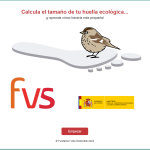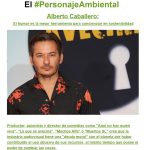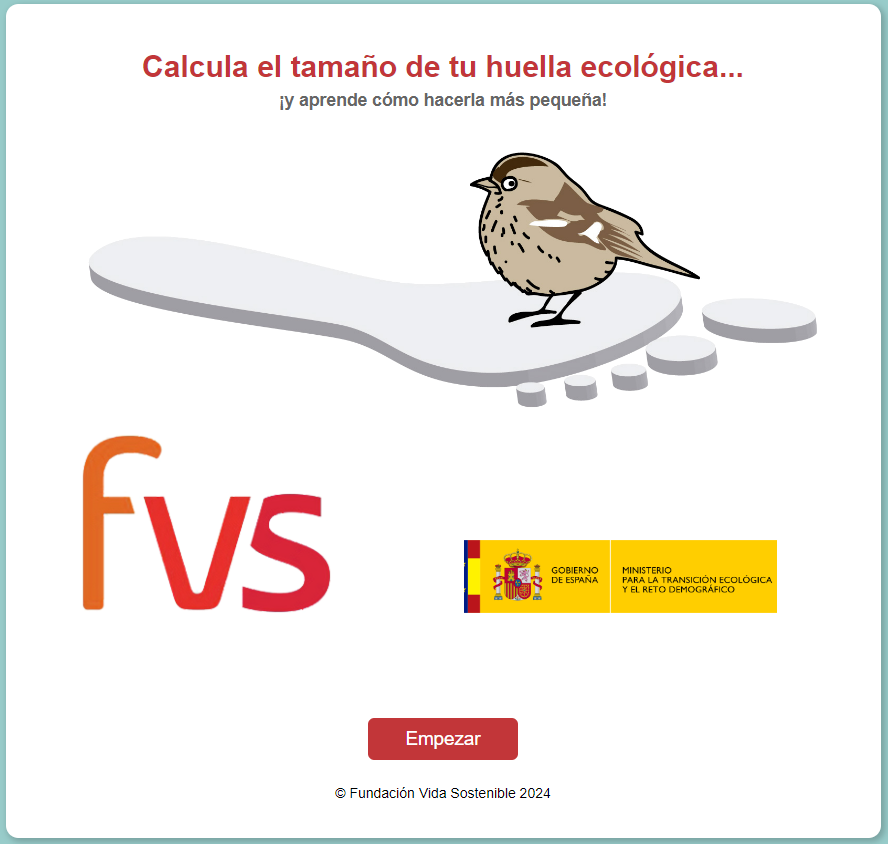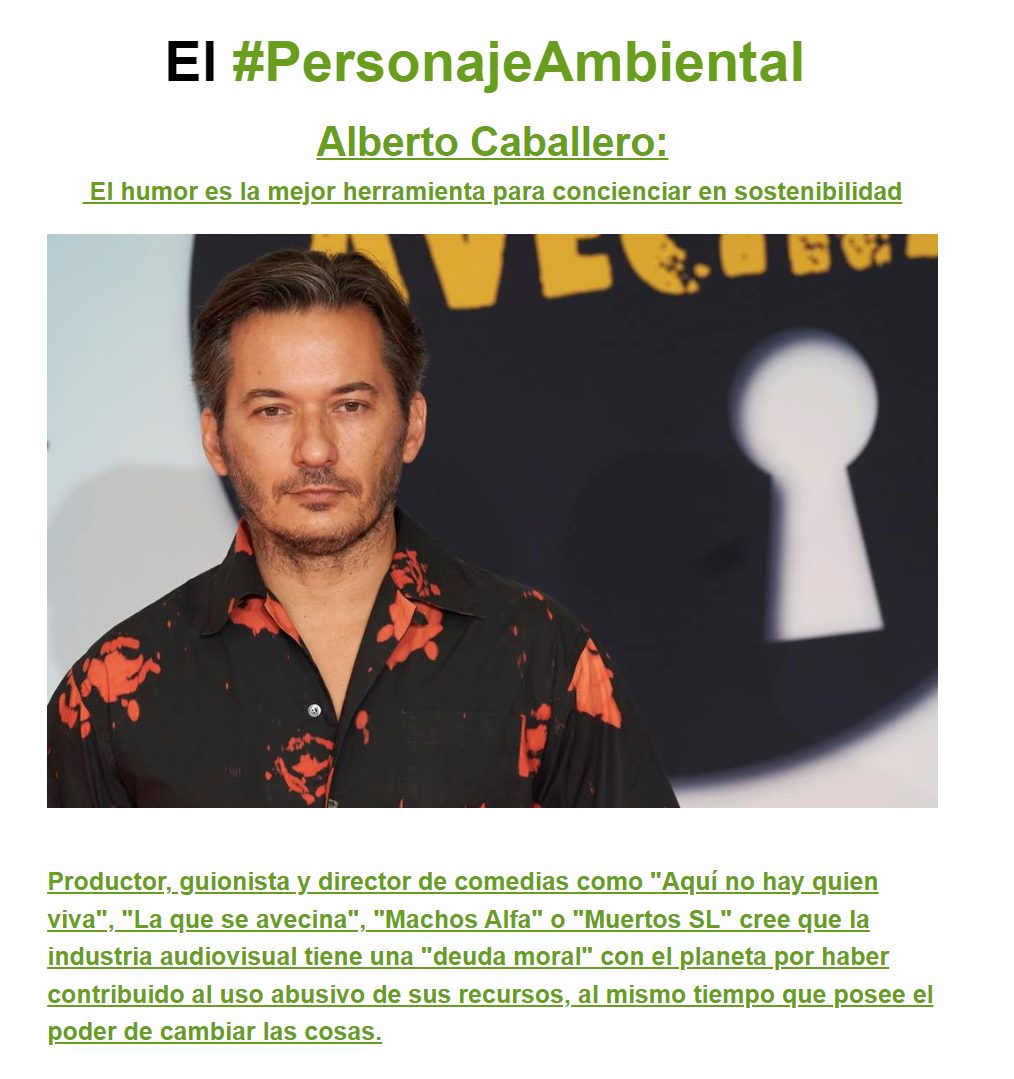

Ana Tuñas Matilla
The Spanish lifestyle is not, in general, environmentally sustainable due to how we eat, move, dress or heat or cool our homes, according to the Sustainable Life Foundation (FSV), which in 2018 created a calculator so that Everyone can know the size of their ecological footprint and learn how to reduce it.
Specifically, this tool allows know how many planets would be needed to support a lifestyle if it were generalized to all of humanity.
The objective, that from knowing the size of the footprint, we can move towards sustainable use of natural resources to reduce it, the FVS environmental technician, Jesús Alonso, explained to EFEverde.com.
Until June 1, a total of 866,057 people in Spain (152,093) have used the calculator – based on thirty questions related to food, recycling or reuse, the vehicle used, or home air conditioning, among others. ), Mexico (509,043), Colombia (55,097) or Argentina (24,049).

Our lifestyle requires 2.51 Earths
According to calculations recorded between 2018 and 2023 from Spain (137,471), if all the inhabitants of the Earth replicated the lifestyle of the participants in the questionnaire, 2.51 planets would be needed to meet our consumption.
By autonomies, the least sustainable lifestyles are those of the citizens of Castilla-La Mancha (they consume 2.67 planets) and Extremadura (2.61). On the opposite side, the Canary Islands (2.14 planets), the Basque Country (2.35) and Asturias (2.37).
In between: La Rioja (2.44), Castilla y León (2.46), Aragón (2.47), Navarra (2.49), Valencian Community and Andalusia (2.51), Galicia (2.5 planets ), Cantabria, Catalonia and Murcia (2.55), Madrid (2.56), Balearic Islands (2.57), according to the initiative.
Although the data do not represent Spanish society, as they are not part of a survey directed at a representative sample of citizens, they are significant because they reflect a consumption far above what the planet can support and it is assumed that whoever uses this type of tools is because you are already aware.
Three winners: health, pocketbook and environment
“Our lifestyle is not sustainable” because we are very oversized, we eat too much meat, we use too many cars or we turn the air conditioning or heating on full,” lamented Alonso, who, however, stressed that in recent years there has been taken steps to make it “increasingly easier to be sustainable”.
Furthermore, after the financial crisis of 2007/2008, the ecological footprint of Spaniards “collapsed” and since then we have maintained a smaller footprint. “The trend is to move towards a more sensible footprint.”
When we talk about sustainability, the objective should be that there are three winners: “the environment, our health and our pocketbook,” Alonso stated.
Less meat, less cars, less clothes
Among the actions that can help us in this triple gain are, for example, Reduce meat consumption and increase legume consumption.
“We eat too much meat (about 60/70 kilos per person per year) and milk (80 liters per person per year). It is an exaggerated consumption that is not good for our health, the environment, or our wallets.”
Producing this meat involves a lot of pollution and has a very high cost. On the other hand, legumes contain more protein, are cheaper and are very nutritious.
Furthermore, its cultivation is much better for the environment, because it fixes atmospheric nitrogen in the soil, which would reduce the use of chemical fertilizers.
We can also be more sustainable by cooking more at home and reducing the consumption of ultra-processed foods and “fast food”which are much more unhealthy, expensive and polluting, since they contain many chemicals and are “superpackaged.”
On the other hand, the intensive use of private carwith 25 million cars in Spain (we have one car for every two people), is not sustainable either, according to Alonso, who recommends using a “varied transport menu” that combines private vehicle, public transport, car sharing, bicycle, scooter, walk…
This is important to reduce the number of vehicles in circulation because, right now, they “suffocate our cities”, since they are the main factor of air and noise pollution, as well as the occupation of public space.
“We suspect that many people have bought a car without needing it except to go on vacation once or twice a year (…) It is not about demonizing the car, but about living more peacefully, more comfortably and saving, because “It is estimated that having a private vehicle costs between 300 to 400 euros per month.”
We can also reduce our ecological footprint, reducing our consumption of clothes.
“In recent decades, clothing consumption has multiplied by ten, while what we spend has been divided by ten. We buy enormous quantities of cheap clothing that has almost become a throwaway product.”
More second hand and more efficiency
Fortunately, the buying and selling of second-hand clothing and other products is increasing. “The best sustainable advice that can be given is, first, buy durable clothes and, second, if you want to renew your wardrobe, go to second-hand stores.”
As for the waterits scarcity, together with the overexploitation of the resource, is “the great problem of sustainability in Spain, because we can live without a car, but we cannot live without water”.
“The positive news is that in Spain we had tremendous droughts in the 80s and another in 1995, which clearly reduced consumption in many places and that many citizens have gone from waste to efficiency.”
Water is now consumed more consciously, although in many areas, the pressure exerted by tourism makes balance difficult.
Reducing the use of toxic cleaning products, opting for energy self-consumption, reducing the use of disposable plastics and properly recycling those we use, reinforcing the insulation of our home or using thermostats to adjust the home’s energy consumption, are other the actions that are within our reach to reduce our ecological footprint. EFEverde
atm
